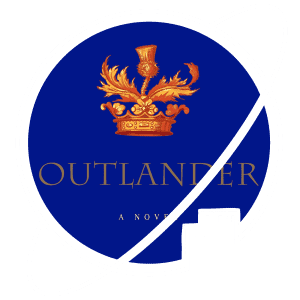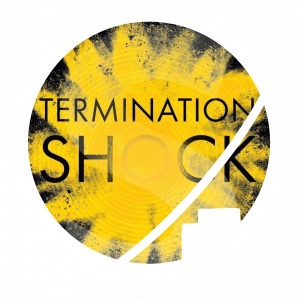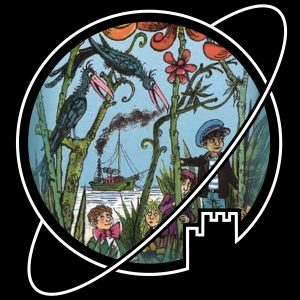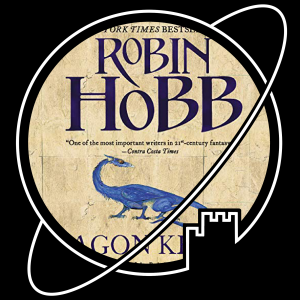- Novel written by Nicole Galland
- Published on 23 February 2021
- Sequel to The Rise and Fall of D.O.D.O.
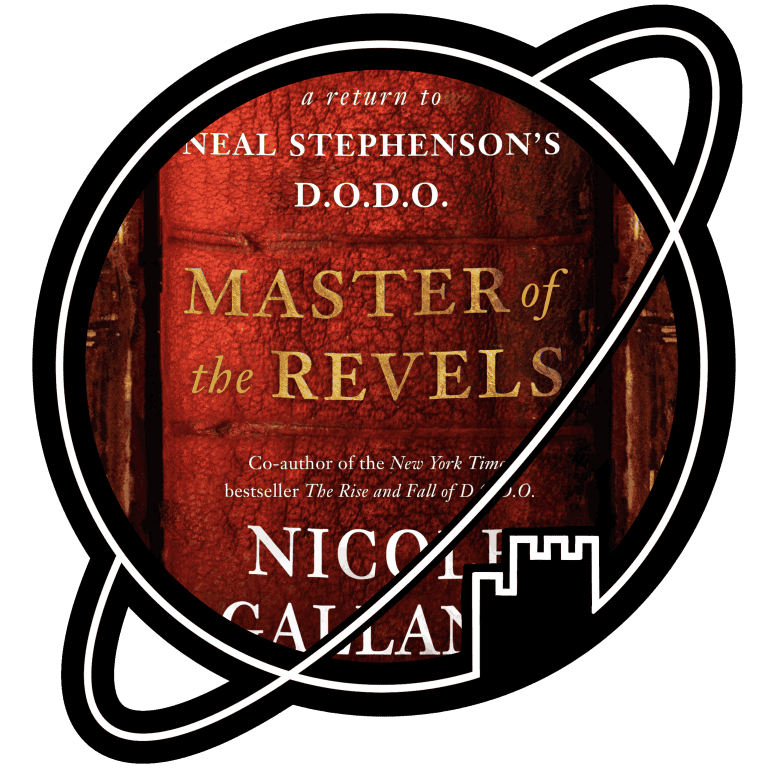

Listened to the full-cast audiobook – well read but not quite as satisfying as it could be due to the narrative structure.
I really liked the crazy premise and surprisingly lucid execution of The Rise and Fall of D.O.D.O. by Nicole Galland and Neal Stephenson, so I figured I’d give the sequel a listen as well.
I did see that Stephenson was no longer on the cover so I knew the focus of the story was going to shift from Stephenson’s sci-fi to Gallant’s historical fiction. On the other hand, Stephenson gave Galland enough of a step-up to continue the story without too much sci-fi input.
It turns out that indeed, Galland focussed on the historical aspects of the story over the present day sci-fi storyline. While I appreciate this makes sense from her perspective, I honestly felt a little let down that what I perceived as the ‘main’ story line after the end of The Rise and Fall of D.O.D.O. (spoiler alert)- the rivalry between our protagonists and Gráinne-controlled D.O.D.O. – is hardly explored.
Rather, Galland uses that rivalry as a backdrop to set up effectively two historical fiction novellas, one set in Roman Sicily, another in the London of William Shakespeare. In both novellas, two opposing time travellers each try to achieve their own ends in a particular place and time without triggering ‘diachronic shear’ (i.e., a change in history to big for the universe to accommodate).
The present-day rivalry between the two organisations, including the role of the mysterious Fugger banking family, is demoted to inciting incident. Unfortunately, I felt that that was exactly where the biggest potential in a sequel was.
Galland’s historical storytelling is still very good. The prose flows well and the pacing is high. I was slightly disappointed by the resolution of certain plot lines, but I felt like that was not where Galland’s focus was.
Instead, I almost feel like this book was written specifically for Shakespeare-nerds, who want to imagine themselves rubbing shoulders with the Bard and his players.
That could have been a cool premise, too, but it felt a bit out of place to me. Most fans of The Rise and Fall of D.O.D.O., myself included, would probably expect an exploration of the effects of rival time travellers attempting to affect the present – and that is just not what Master of the Revels delivers.
Overall, Master of the Revels is a fine book, but it just didn’t offer what I expected or would have wanted. I had no issues finishing it, but I would only recommend it to readers with a real love for historical fiction or Shakespeare, and not so much to readers looking for a follow-up to the interesting sci-fi in The Rise and Fall of D.O.D.O.







